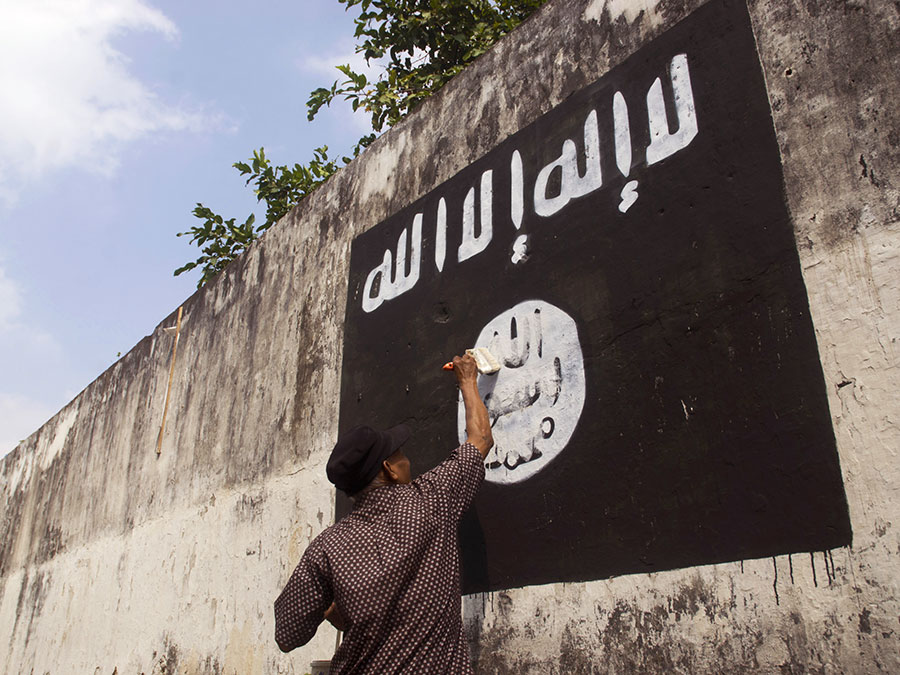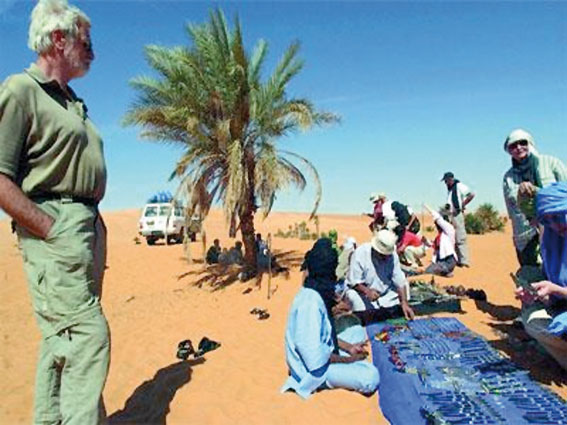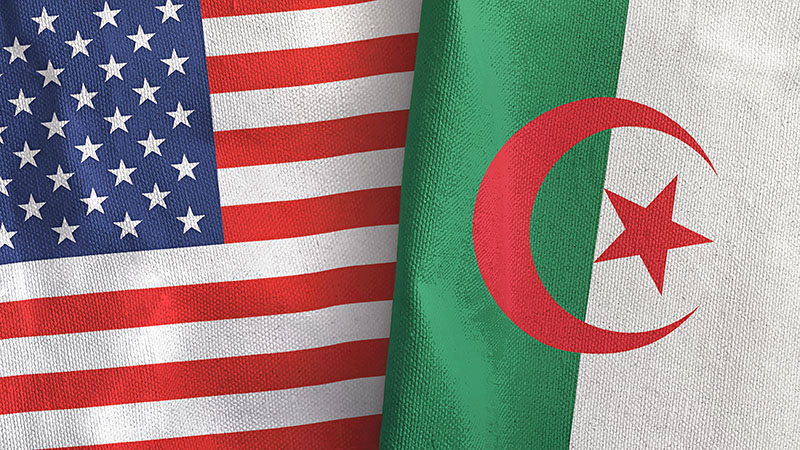 Despite announcing austerity measures to fend off an impending crisis, Algeria maintained its lavish spending on defense to which it earmarked 25% of its 2018 budget, that is equivalent to $10.4 billion.
Despite announcing austerity measures to fend off an impending crisis, Algeria maintained its lavish spending on defense to which it earmarked 25% of its 2018 budget, that is equivalent to $10.4 billion.
Whatever happens never reduce spending on arms. This seems the guiding principle of the military dominated Algerian state, which seems to turn a blind eye to the warnings issued by international think tanks and risk consultancies that continue to draw bleak prospects for Algerian finances.
Algeria spent $1.686 billion on defense that is a 0.4% increase compared to last year, Stockholm International Peace Research Institute (Sipri) said in its latest report on global military expenditures.
Algeria remains the first importer of arms in Africa, followed by Morocco. Algeria’s arms purchases account for 30% of the volume of purchases in Africa in 2015, while Morocco’s account for 26%.
Instead of gearing its revenues to undertake structural reforms to fend off a looming crisis, Algeria spends on weapons as if it is bracing for a war. Recent purchases and interest have included drones and self-propelled artillery from China, an amphibious vessel “Kalaat Bani-Abbes” built in Italy, armored vehicles from Germany to be assembled in a newly-established plant in Algeria, and a range of substantial purchases from Russia, including helicopters and submarines.
Many analysts are scratching their heads and wondering why the Algerian army needs all these multi-billion US dollar high-tech weaponry, while the country’s economic hardships are going from bad to worse due to falling oil prices amid growing social woes.
As Algeria continues to spend generously on armament, macro-economic indicators show that such spending spree is unsustainable on the short-term. The Central Bank said in its latest statistics that the country’s foreign reserves have dwindled to less than $100 billion by the end of 2016, down from $194 billion in 2013.


